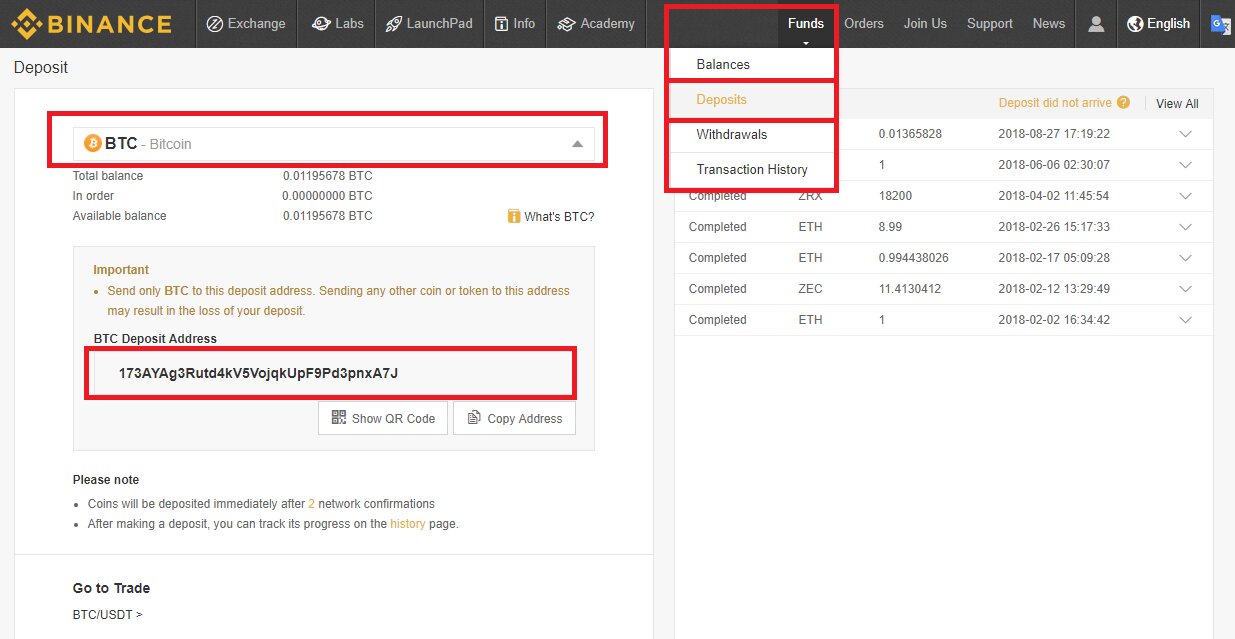Brine Fi, a decentralized crypto exchange (DEX), is making waves in the digital asset industry as it secures a $16.5 million Series A funding round led by Pantera Capital. The DEX, which launched its fully operational network, or “mainnet,” a few months ago, has already amassed $500 million in trading volumes. Brine Fi aims to provide traders with the benefits of both centralized exchanges (CEXs) and DEXs in a single platform.
Key Takeaway
Brine Fi, a decentralized crypto exchange, secures a
6.5 million Series A funding round led by Pantera Capital. The platform combines the benefits of both centralized exchanges and DEXs, offering traders full control over their assets, privacy on orders, and advanced features like an orderbook. As regulators continue to scrutinize centralized exchanges, Brine Fi is well-positioned to attract both retail and institutional traders seeking a safer and more efficient way to trade cryptocurrencies.
Bridging the Gap Between CEXs and DEXs
While CEXs like FTX, Binance, and Coinbase offer convenience and liquidity, traders often worry about the custody of their assets and the need to undergo KYC procedures. On the other hand, DEXs provide users with full control over their assets and greater privacy, but they may suffer from issues such as high trading fees, price slippage, liquidity problems, and transaction delays. Brine Fi aims to address these challenges by combining the benefits of both CEXs and DEXs.
One of the key features of Brine Fi is the implementation of an orderbook, which allows for price discovery and matches buyers and sellers based on price and quantity. This feature is not typically available on DEXs like Uniswap, which rely on liquidity pools to facilitate asset exchanges. By leveraging a mathematical formula and zero-knowledge proofs (ZKPs), Brine Fi ensures privacy on orders and prevents frontrunning attacks.
The Promise of Decentralized Trading
As regulators scrutinize centralized exchanges for compliance breaches and money laundering concerns, DEXs face their own challenges. Currently, DEXs are not required to abide by KYC and AML regulations, which attracts users seeking anonymity. However, the founder of Brine Fi recognizes the potential for regulation in the future and is already taking steps to implement KYC and AML compliance measures.
By offering a platform that combines the advantages of CEXs and DEXs, Brine Fi aims to attract both retail and institutional traders. Its beginner mode and partnerships with liquidity aggregation platforms make it accessible for retail traders, while its non-custodial nature and advanced features appeal to institutions like crypto hedge funds. With a successful testing phase and impressive transaction volumes, Brine Fi is positioning itself as a formidable competitor to leading exchanges in the digital asset industry.

























